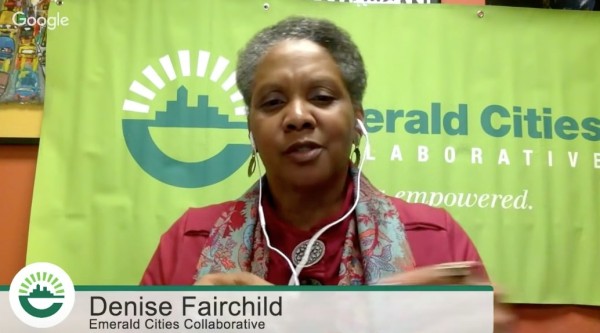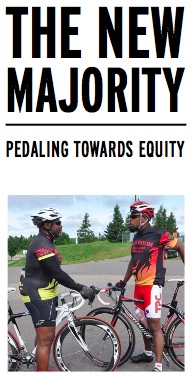
Featuring:
Janet Redman, Institute for Policy Studies (moderator)
Denise Fairchild, Emerald Cities Collaborative
Meghan Zaldivar, PUSH Buffalo
Miya Yoshitani, Asian Pacific Environmental Network
As the climate crisis heats up, and its impacts on the economy and people’s lives become more pronounced, concerned people everywhere are looking for new alternatives. Energy democracy seeks to replace the current corporate fossil-fuel economy with one that puts racial, social, and economic justice at the forefront of the transition to a 100% renewable energy future.
By energy democracy we mean bringing energy resources under public or community ownership and/or control, a key aspect of the struggle for climate justice and an essential step toward building a more just, equitable, sustainable, and resilient economy.
We’ve invited key energy democracy leaders to kick-start a conversation on why energy democracy is so important.
Here’s the webinar archive:
